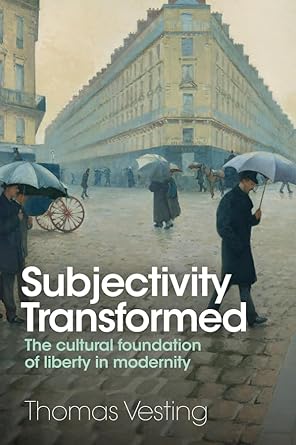This book provides a historically informed reconstruction of the social practices that have shaped the formation of the modern subject from the early modern period to the present. The formal legal protections accorded to subjects are, and always have been, latent in social practices, norms, and language before they are articulated in formal legal orders.
Vesting argues that in Western societies legal personhood is closely tied to three ideal types of social personhood – what he calls the gentleman, the manager, and Homo digitalis. By examining these three ideal types and their emergence in society, we can see that Western formal law does not bring these ideal types into being but, on the contrary, they arise from the social and cultural conditions that they generate and reflect. Correspondingly, Western legal personhood, or “legal subjectivity,” arises from the history and culture of Western nations, not the other way around. Therefore, signature features of Western formal law, particularly its valorization of the rights of persons (whether natural or nonnatural), come from the particular sociohistorical cultural developments that had already generated the strong ideas of social personhood inherent in the ideal types of the gentleman, the manager, and Homo digitalis.
Subjectivity Transformed is a major contribution to legal and social theory and, with its original analysis of the formation of modern subjectivity, it will be of interest to students and scholars throughout the social sciences and humanities.









Be the first to review “Subjectivity Transformed – The Cultural Foundation Of Liberty In Modernity”